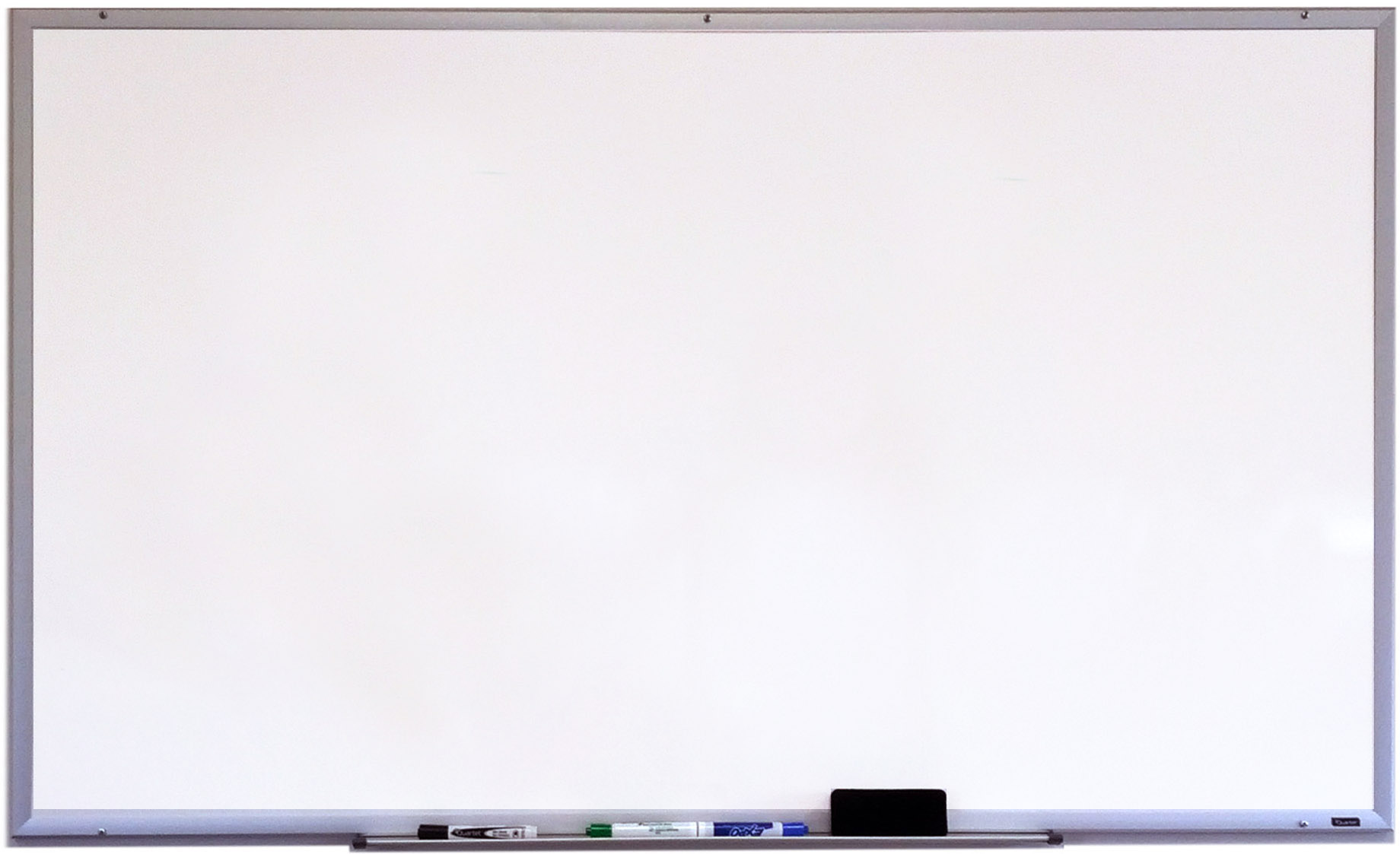In my teens I had a fantastic concert experience listening to Michael Brecker, the jazz saxophone player of modern time, playing with the best big band in Europe, Tolvan Big Band, live in Malmö Concerthall! In one song, Mr. Brecker played an electric-saxophone, and it blew the minds of anyone present.

A truly fantastic concert, where 25 years later, I can still recall the intensity, range and sweat of that solo.
As a young aspiring musician , I was inspired and started to listen to more great jazz musicians, thinking, that I should try myself to become a jazz-improvisor. And I tried, in big band jazz, ensemble jazz, fusion and rock. How much I tried, it never was even close to anything I had listened to. The fluidity, intensity, harmonies and rhythms just wouldn’t appear…
Long later, I realized that my imagination about what great improvisation was about, was a naive romantic view of the ultimate creativity in each moment.
Jazz music, and most western music, is based on a harmonic system, and each song or arrangement has a prescribed sequence of harmonies as decided by the composer/arranger. This determines what notes will sound in and out of harmony at any particular point in the song. Then rhythm, plays important parts in what sounds cool and not.
I realized that to decide what to play, note by note, and considering the harmonies of the song while accomplishing “cool” phrases and rhythm playing, takes too long for the brain to decide and execute. The result is lack of fluidity and being out of sync with your ensemble.
Later when I had opportunities to meet good jazz musicians and learn about their everyday practice, I understood that there was no secret to it, really.
Or, rather, the secret was determination and perseverance.
What the great jazz improvisers do, is to practice! A lot!!!!
They practice scales and figures, in all interesting harmonic variants. In fact many, in the start of their careers, have played along some favorite recording, trying to copy the playing of their favorite musician.
When scales, harmonies and phrases was part of their muscle memory, improvisation turned from note to note decision making, into selection between variants. Resulting in more capacity to listen and communicating with the ensemble and the audience.
The greater the improviser, the larger the set of harmonies, rhythms and phrases she has internalized.
Armed with such skills the jazz musician is able to play, fluidly almost instinctively, in new and astonishing ways.
So, when a professional jazz musician play an improvised solo, the solo is truly unique and inspired by the moment. The mechanics of playing those phrases are at the opposite, practiced many, many times before.
How does your development team perform their creations? Do they play note by note? Or have they practiced their mechanics enough to create a truly elegant solution?



